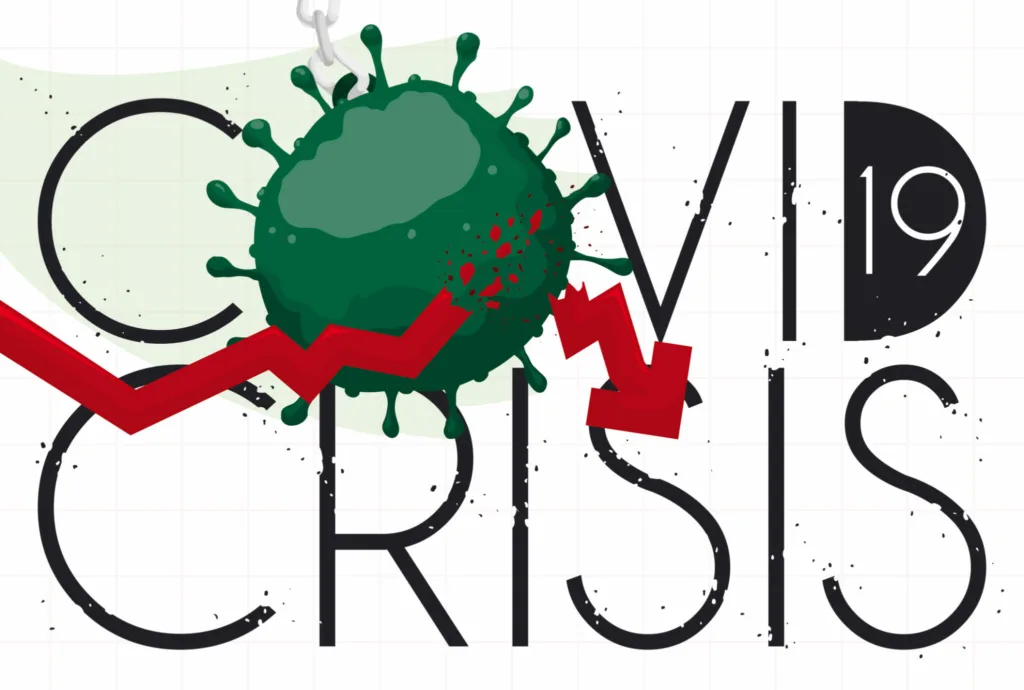Pandemics, those sweeping outbreaks of infectious diseases, have cast long shadows across human history. They’ve ravaged populations, reshaped societies, and left indelible marks on our collective memory. Today, we embark on a somber journey, exploring some of the worst pandemics ever to plague humanity, understanding their impact and drawing lessons for the future.
1. The Plague of Justinian (541-542 AD): A Devastating First Act
Emerging from Egypt, the Plague of Justinian, caused by the bacterium Yersinia pestis, swept through the Byzantine Empire (Eastern Roman Empire), claiming an estimated 25-50 million lives – nearly half the empire’s population at the time. The disease, also known as the Justinian Plague, manifested as bubonic plague, spreading through flea bites and causing agonizing swellings, fever, and gangrene. It paralyzed trade, weakened the empire, and ushered in centuries of social and economic instability.
2. The Black Death (1347-1353): A Grim Reaper’s Waltz
The Black Death, another bubonic plague outbreak, originated in Central Asia and arrived in Europe through trade routes. It decimated the continent, wiping out an estimated 30-60% of the population. Grisly symptoms like buboes (swollen lymph nodes), fever, and bleeding left entire towns ghost towns. The Black Death triggered social upheaval, religious persecution, and a profound shift in European culture and art.
3. The 1918 Spanish Flu (1918-1920): A Global Tragedy
Despite its misleading name, the 1918 Spanish Flu pandemic arose from North America, likely caused by a mutated H1N1 influenza virus. World War I facilitated its rapid spread, infecting an estimated 500 million people and claiming between 17 and 50 million lives globally. Notably, the virus disproportionately affected young adults, leaving profound demographic and economic scars.
4. HIV/AIDS Pandemic (1981-Present): A Persistent Scourge
First identified in the early 1980s, HIV/AIDS continues to be a global pandemic, with HIV infecting over 79 million people and claiming over 36 million lives to date. Caused by the Human Immunodeficiency Virus (HIV), AIDS weakens the immune system, leaving individuals vulnerable to opportunistic infections. While significant progress has been made in prevention, treatment, and education, HIV/AIDS remains a major public health challenge, particularly in developing nations.

5. The COVID-19 Pandemic (2019-Present): A Modern Day Reckoning
The ongoing COVID-19 pandemic, caused by the novel coronavirus SARS-CoV-2, emerged in late 2019 and quickly spiraled into a global crisis. To date, it has infected over 674 million people and claimed over 6.8 million lives. The virus’s highly contagious nature, coupled with its diverse range of symptoms, presented unprecedented challenges for healthcare systems and societies worldwide. While vaccines offer hope for control, the pandemic’s long-term social, economic, and health impacts remain to be fully understood.
Lessons from the Past and Hope for the Future
These pandemics, though harrowing, offer valuable lessons. They highlight the importance of robust public health systems, international cooperation, and scientific research in preparedness and response. They underscore the need for accessible healthcare, equitable distribution of resources, and community-based support during outbreaks. Importantly, they remind us of our shared vulnerability and the crucial role of collective action in safeguarding global health.
As we grapple with the ongoing COVID-19 pandemic and face the possibility of future threats, remembering the lessons of history can empower us to build a more resilient future. By investing in preparedness, fostering global cooperation, and prioritizing the well-being of all, we can strive to mitigate the impact of future pandemics and emerge stronger as a global community.
The fight against pandemics is a continuous one, demanding vigilance, solidarity, and innovation. By carrying the lessons of the past and embracing the power of collective action, we can pave the way for a healthier and more resilient future for generations to come.




